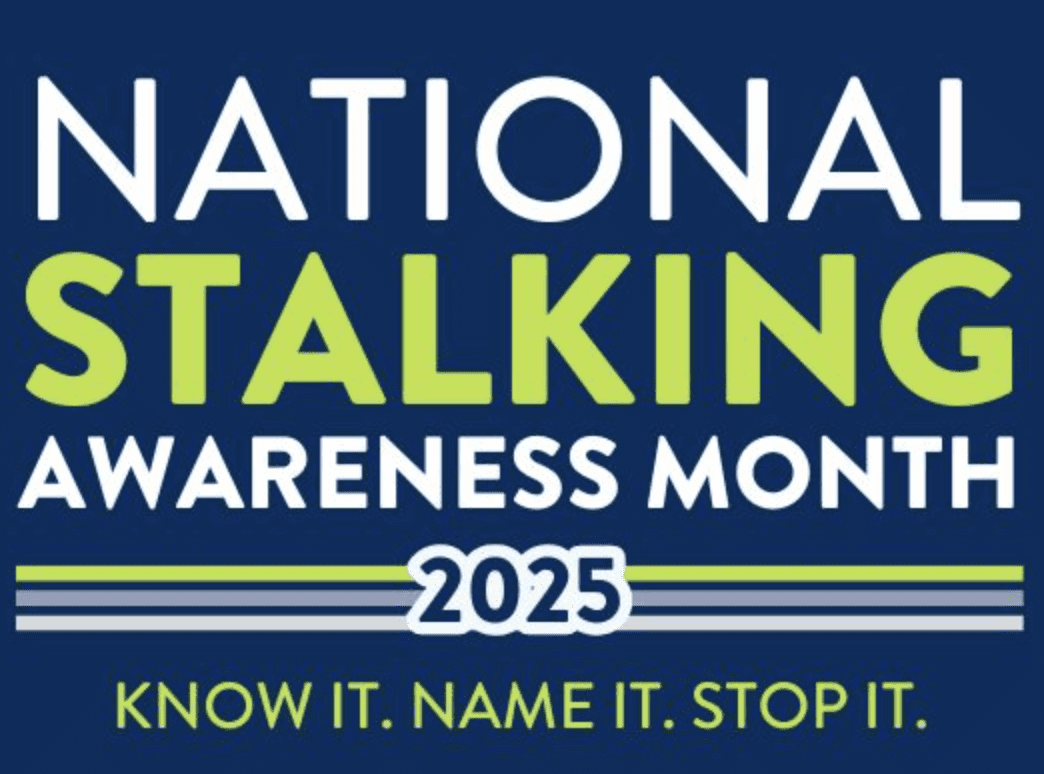By Cathy Taylor
Massage feels sinfully good, doesn’t it? The truth is, massage is one of the best things you can do for yourself; especially during times of change such as menopause.
This soothing therapy has been shown to lower blood press, reduce muscle pain, improve joint flexibility and alleviate headaches, just to name a few of its healing powers.
Most people think of massage in terms of muscle aches, but it’s much more than that. It increases blood flow to your muscles, tissue and every cell in your body which brings oxygen and nutrients to these critical areas. It also stimulates lymphatic flow, improving tissue drainage and the immune system.
Here are some of the different strokes you have to choose from:
Acupressure
An ancient Chinese technique involves the therapist using his fingers to press key points on the skin to release muscle tension and promote circulation and energy flow. Acupuncture and acupressure use the same points, but acupuncture involves needles. The pressure restores balance to the body and treats ailments such as headaches, menstrual cramps and constipation.
Swedish Massage
This is probably the most common form of massage in the US. Its main goal is relaxation and improved circulation. The therapist applies oil to the skin and uses flowing strokes and kneading movements to relieve tension from the muscles.
Deep Tissue Massage
This type of massage is more vigorous and uses various styles to loosen the muscles. It helps break patterns of tension, relieves chronic pain, including inflammation-related pain such as tendonitis and improves range of motion.
Shiatsu
Shiatsu is Japanese for “finger pressure.” This technique is similar to acupressure where the practitioner uses their finger, thumb, palm, elbow, knee (and sometimes even walk on you) to put pressure on acupuncture healing points. This unblocks the flow of energy and encourages blood and lymphatic flow. It also promotes relaxation and strengthens the body against disease and restores balance.
Sports Massage
This treatment incorporates several massage techniques which is great for athletes. It keeps the body flexible, increases performance and assists in rehabilitation from an injury.
Hot Stone Therapy
During this therapy, heated stones are placed strategically on the body which dilates blood vessels and gets blood and oxygen flowing into tense areas. It can feel like a body “rush.” The soothing heat can also prepare the body for deep-tissue work as well as alleviate PMS symptoms.
Aromatherapy Massage
The therapist incorporates essential oils extracted from herbs, flowers and roots into the massage. They select the proper oils based on a particular physical condition and blend them into a massage oil or lotion. The end result is a relaxing massage tailored to your individual needs.
Reiki
This therapy is an Eastern method meaning “universal life energy.” It brings healing energy to the organs and glands in order to bring the body back into balance and help prevent disease. The massage practitioner places their hands on or just above the body to realign chakras and dissolve toxic substances from your physical and emotional being. People often feel warmth or tingling sensations during Reiki.
Pregnancy Massage
This massage focuses on a pregnant woman’s needs including swollen hands and feet, stress on weight-bearing joints, exhaustion and lower back pain. And of course the practitioner positions you to accommodate your baby bump.
Craniosacral Therapy
This therapy involves the Craniosacral system which extends from the skull to the bottom of the spine and consists of the brain, spinal cord, cerebrospinal fluid and surrounding membranes. The practitioner uses a light touch to restore cerebrospinal fluid movement. This can help treat such conditions as headaches, eye and ear problems as well as whiplash and back pain.
About The Author
Cathy Taylor writes frequently on mid-life issues for women and men particularly menopause, and a copy of her book can be found at http://www.howtoconquermenopause.com
To read a sample of this book go to http://www.everythingmenopause.com/currentissue.htm



